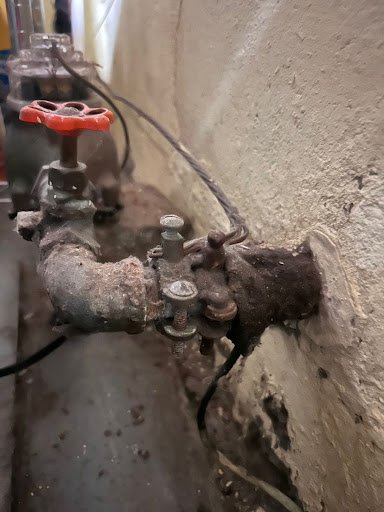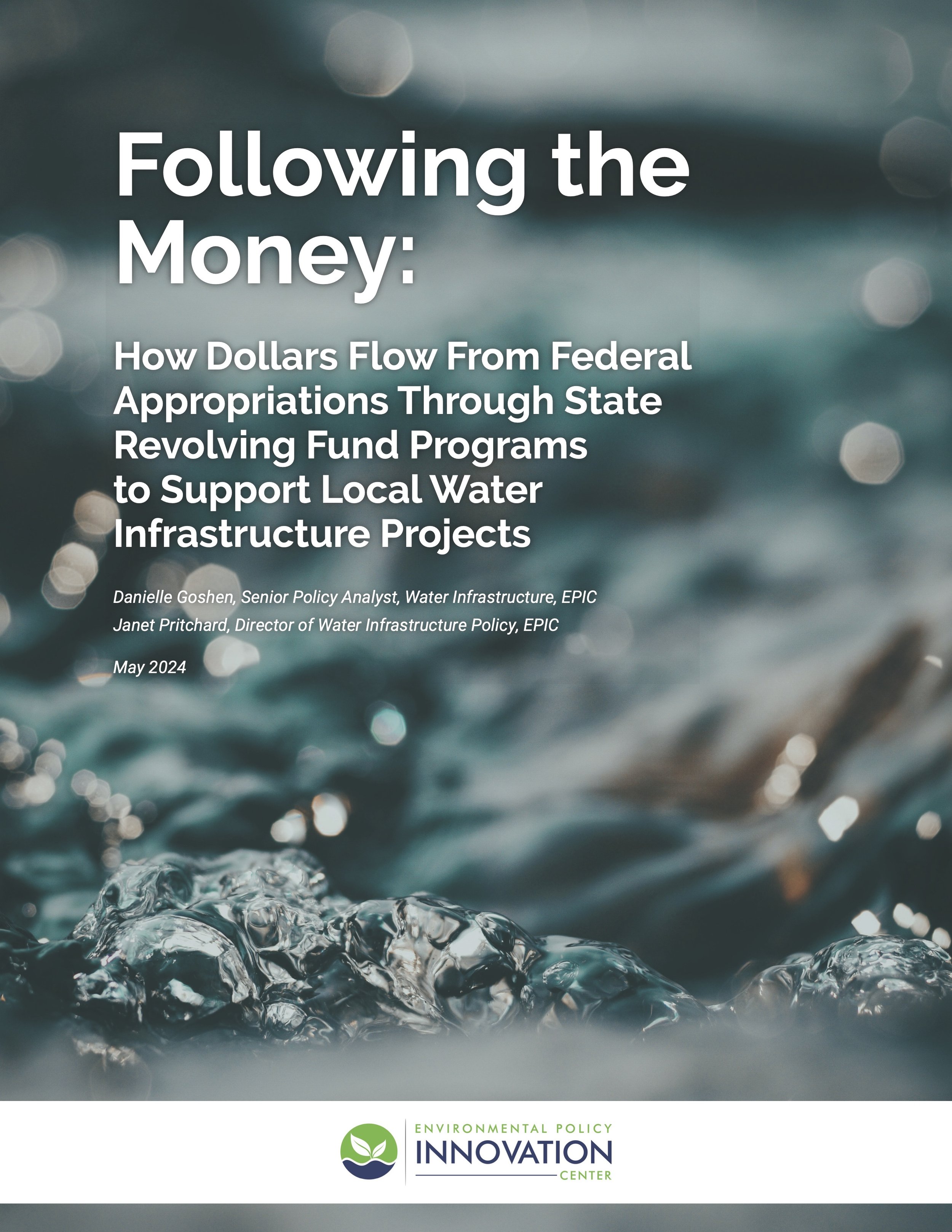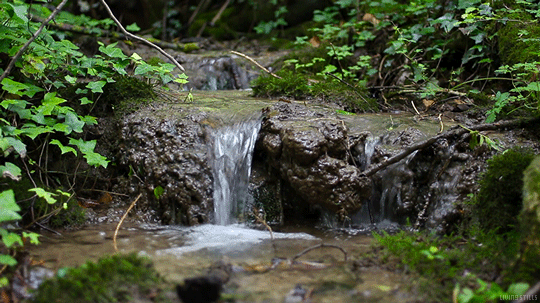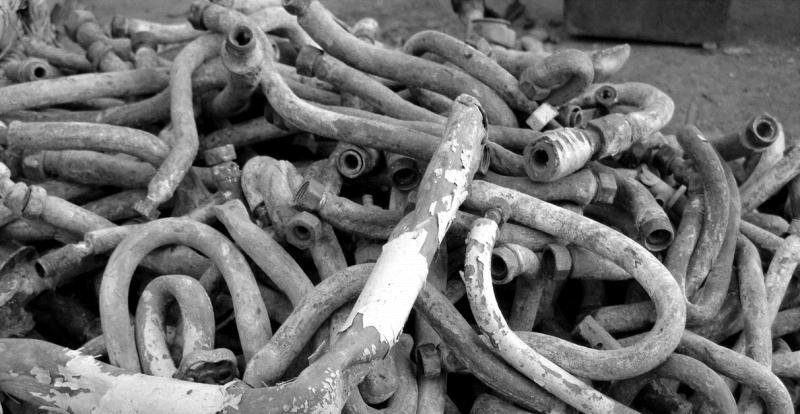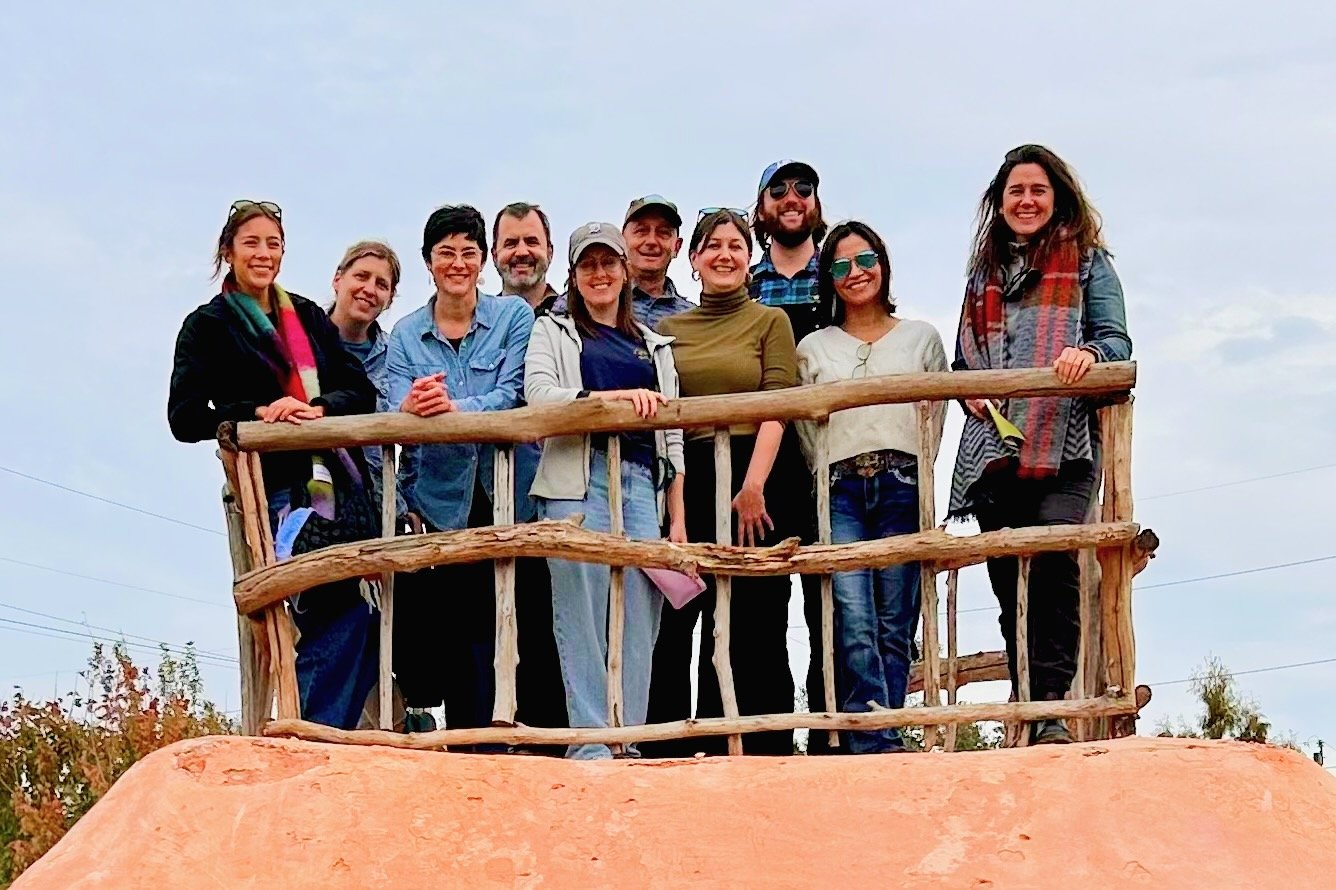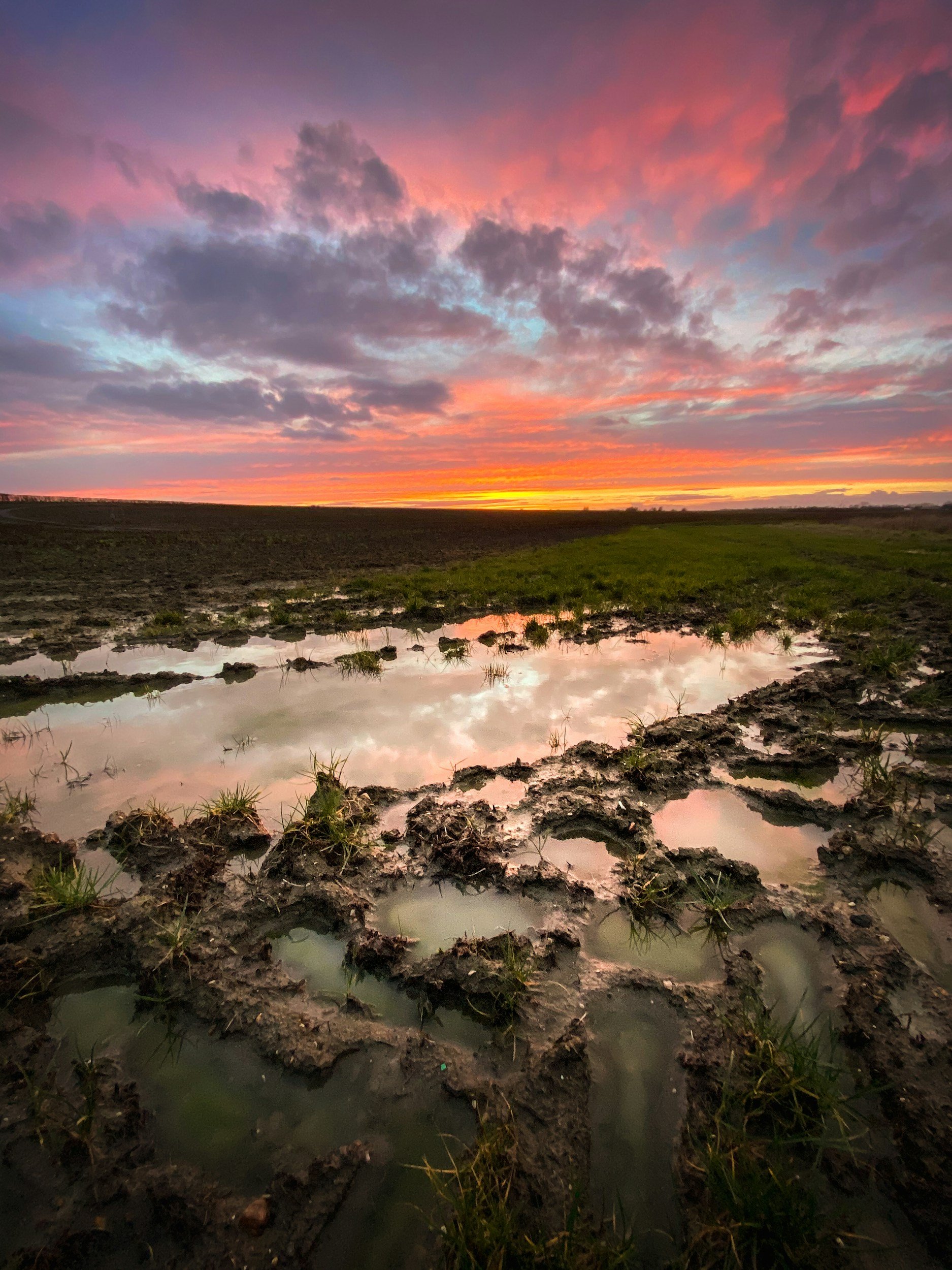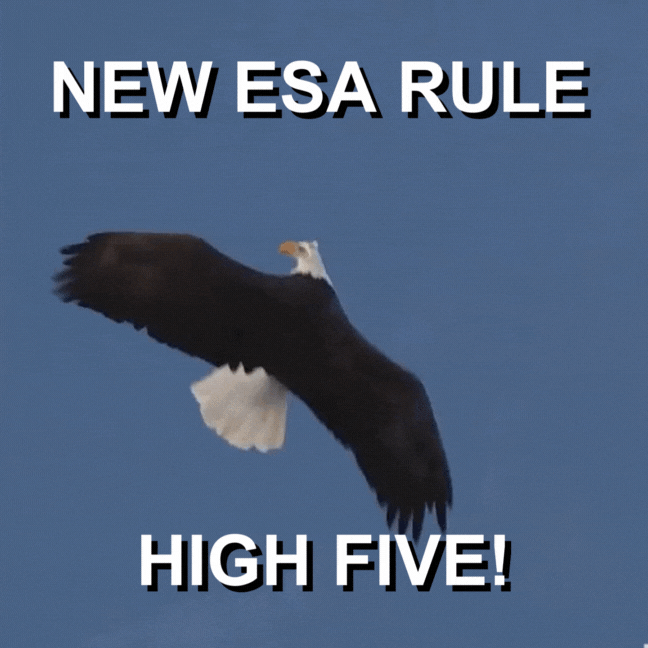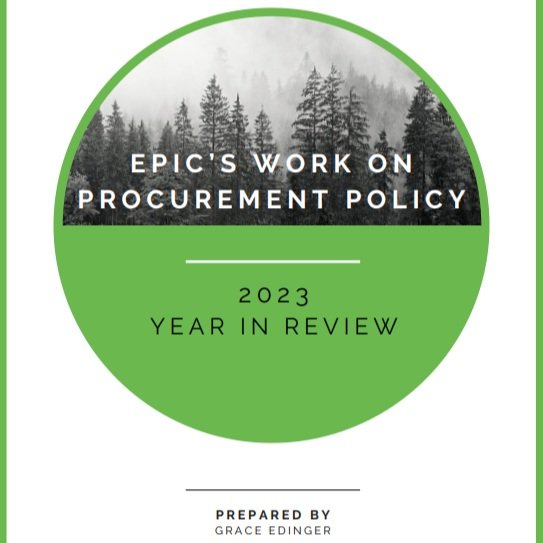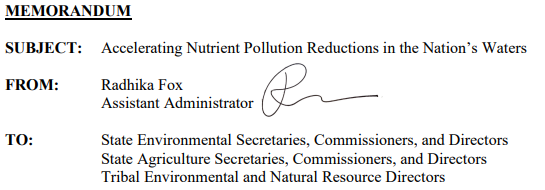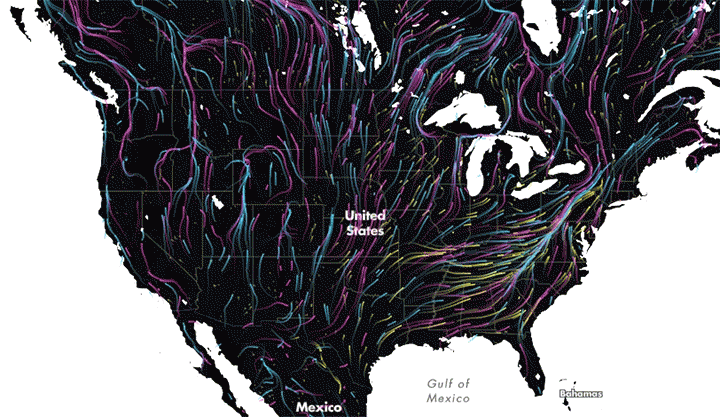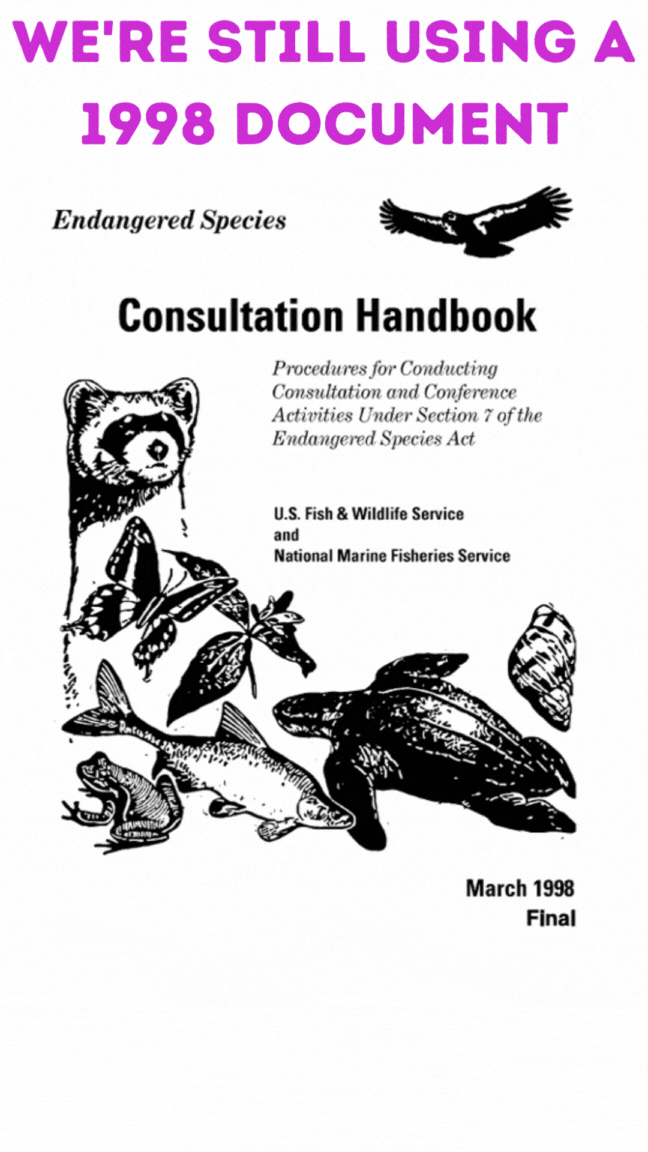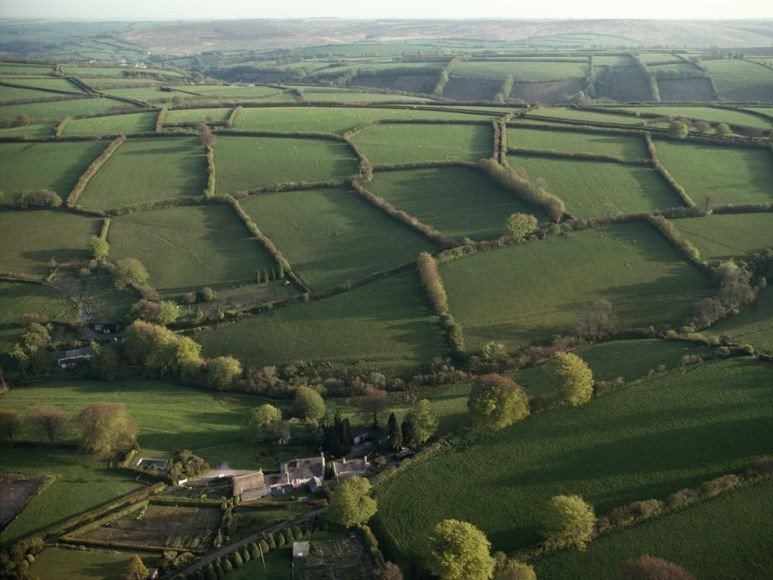Water Infrastructure
Restoration & Mitigation
Technology
Procurement & Finance
Since enacting the Conservation Finance Act in 2022, Maryland agencies have begun to implement it and attract greater private investment in conservation.
What is motivating biocredit buyers at this early stage as the market is in development? Why would corporate buyers and other entities be interested in investing in migratory songbird or salmon credits? What’s in it for them? Today the BCA released a new issue paper, “Demand-side Sources and Motivation for Biodiversity Credits'' that untangles some of these incentives and rationales.
Agriculture
Everybody’s talking about environmental sandboxes. What are they, and maybe more importantly, what aren’t they?
Since enacting the Conservation Finance Act in 2022, Maryland agencies have begun to implement it and attract greater private investment in conservation.
New report evaluates the last three years of efforts developing Midwest watershed partnerships
New report examines the challenges to administratively scaling the Regional Conservation Partnership Program
The Susquehanna River Basin Commission announced today the opening of its application for proposals offering cost-effective reductions of nutrient pollution entering the Chesapeake Bay from the Susquehanna watershed.
Mason City and Forest City sign innovative agreements to pay farmers to improve water quality.
Third and final in a series, this blog explores how USDA can tweak existing programs to speed up delivery of conservation money in the Inflation Reduction Act.
A project to illustrate which watersheds and cities in Iowa are closest to meeting their nutrient reduction goals from municipal point sources
Second in a series, this blog explores how USDA can use emerging technologies to speed up delivery of conservation money in the Inflation Reduction Act.
First in a series, this blog explores how USDA can use outcomes purchasing to speed up delivery of conservation money in the Inflation Reduction Act.
One month ago today, Pennsylvania passed the country’s second legislatively-authorized clean water outcomes procurement program
In New York state, a clever partnership between the city of Syracuse and upstream farmers has managed to significantly clean up the Skaneateles Lake
Endangered Species
What is motivating biocredit buyers at this early stage as the market is in development? Why would corporate buyers and other entities be interested in investing in migratory songbird or salmon credits? What’s in it for them? Today the BCA released a new issue paper, “Demand-side Sources and Motivation for Biodiversity Credits'' that untangles some of these incentives and rationales.
Yesterday, the Fish and Wildlife Service (FWS) released an Advanced Notice of Proposed Rulemaking (ANPR) on Compensatory Mitigation Mechanisms. We provide initial reactions here.
All Posts
The Wetlands Impact Tracker: Revealing Public Notices for the Public Good
Using AI to extract data from US Army Corps of Engineers public notices, the Wetlands Impact Tracker follows federal projects and their impacts on lands and waters along the Gulf Coast.
The Corps’ New e-Permitting - First Look at Current Functionality
Species on the Move: Considering the Future of Conservation Banking in the Face of Climate Change
EPIC submits public comment on Lead and Copper Rule Improvements
EPIC Featured: Markets for Valuing Biodiversity on the Climate Positive podcast
Eight Pathways to Speed Restoration Permitting
Action Alert: Virginia’s Pay for Success Pilot Program
Evaluating watershed partnerships
New report evaluates the last three years of efforts developing Midwest watershed partnerships
It’s Time to Tap Into Innovation: Federal Challenges Can Help Solve Stubborn Problems
Federal challenges, also known as prize competitions, represent an exceptional platform for federal agencies to collaborate with external organizations to push the boundaries of science—and to discover innovative solutions to diverse problems.
The Wide World of Drinking Water Data
For experts working to improve drinking water quality and access, the data is almost as important as water itself. How can we better access this data? Who has safe, affordable, and quality drinking water—and who doesn’t? This blog begins to answer some of those key questions.
ICYMI: A Recap of our 2023 Procurement Policy Work
Variation in Borrowing Costs Between Different States’ Drinking Water and Clean Water State Revolving Fund Programs
New Report: Challenges to Scaling RCPP
New report examines the challenges to administratively scaling the Regional Conservation Partnership Program
Toto, I’ve a feeling we’re not just in Iowa anymore!
A conversation about watershed partnerships in Kansas
Why Offsets on Public Lands is a Bad Idea
What do they want? Biodiversity Credits. When do they want it? Soon!
What is motivating biocredit buyers at this early stage as the market is in development? Why would corporate buyers and other entities be interested in investing in migratory songbird or salmon credits? What’s in it for them? Today the BCA released a new issue paper, “Demand-side Sources and Motivation for Biodiversity Credits'' that untangles some of these incentives and rationales.
Navigating Murky Waters: Tackling Saltwater Intrusion in Southeastern Louisiana
While the federal government spent tens of billions on water infrastructure in FY23, it has yet to prioritize the significant economic and health impacts of saltwater intrusion.










